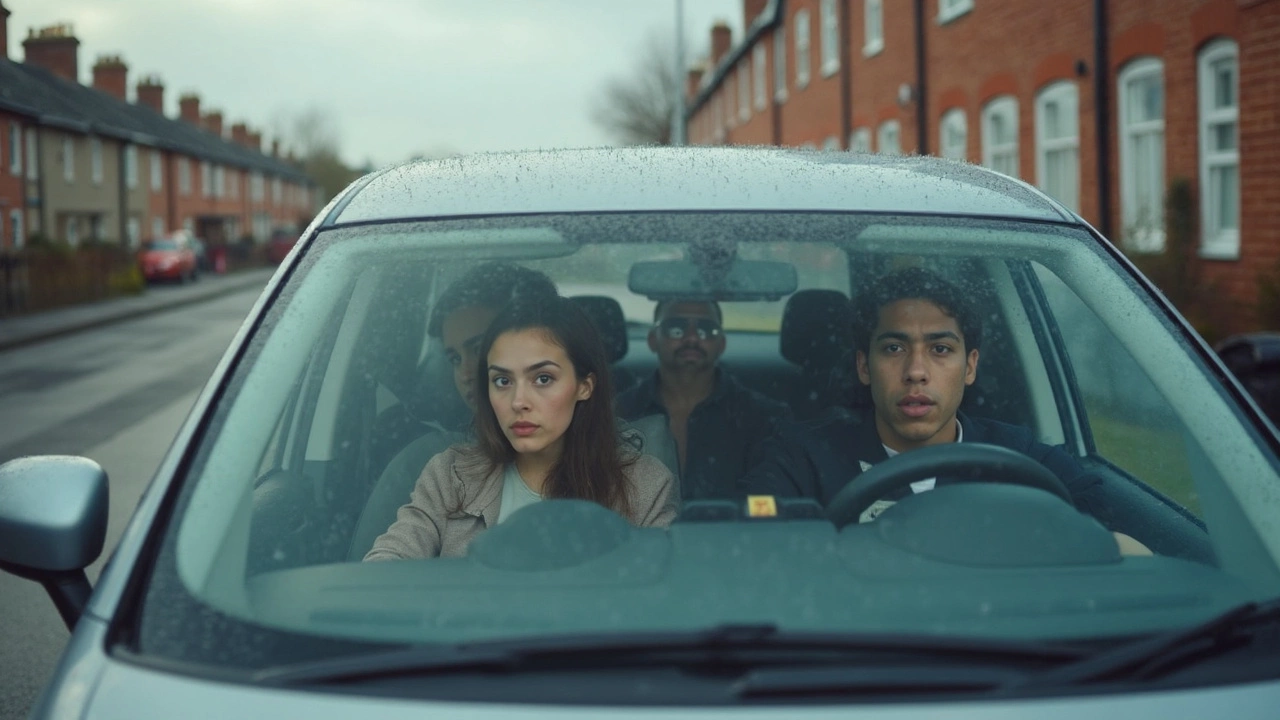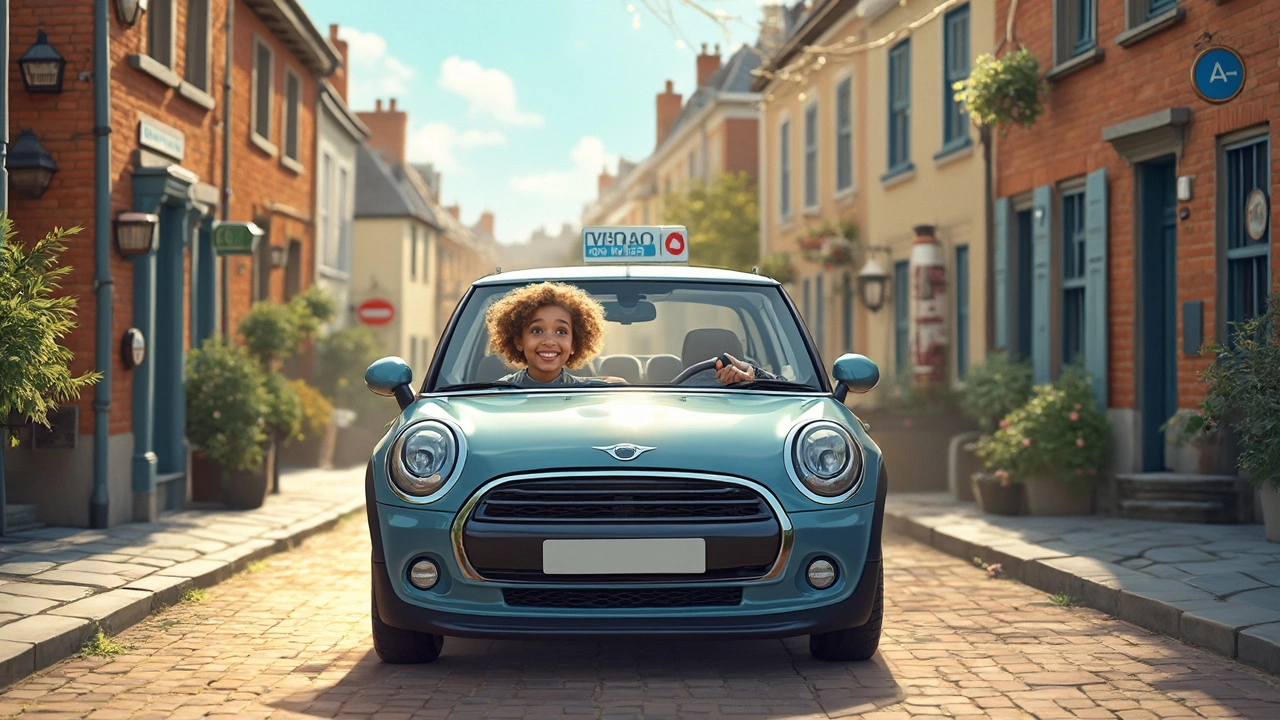Beginner Tips Every New Driver Should Know
Starting out behind the wheel can feel like a mountain climb. You’re juggling nerves, new rules, and the fear of making a mistake. The good news? Most of those worries can be handled with a few simple habits. Below are the most useful tips that work right away, no fancy equipment needed.
Calm Your Nerves Before the Test
One of the biggest roadblocks for beginners is anxiety. A quick way to lower stress is to eat the right snack about an hour before you sit down for your theory or practical exam. Whole‑grain toast with peanut butter, a banana, or a handful of almonds give you steady energy without the crash that coffee can cause. Pair that with a glass of water – dehydration makes you feel shaky. If you’re still jittery, try deep‑breathing: inhale for four seconds, hold for four, exhale for four. Do it three times and notice the calm sinking in.
Practice Smart, Not Hard
Spending hours on the road isn’t always the answer. Focused, short sessions work better. Set a 30‑minute timer and pick one skill – parallel parking, hill starts, or checking mirrors. Do that until you feel comfortable, then move on. You can also improve without a car. Visualise each maneuver in your mind, run through the steps, and watch instructional videos. Your brain learns the sequence, so when you finally get behind the wheel, the moves feel familiar.Another tip: keep a small notebook in the passenger seat. Write down mistakes right after each lesson – “forgot to signal” or “braked too early”. Reviewing the list before the next session turns errors into quick fixes.
When you’re ready for the big day, schedule your test at a time that suits you. Many drivers swear by morning slots because traffic is lighter and you’re less likely to be fatigued. Look at the pass‑rate stats for your local test centre – often the first or last slot of the day has a slightly higher success rate. Choose what feels best for your body clock.
Finally, remember that a single failed test isn’t a verdict on your ability. Most learners need two or three tries. Each attempt gives you concrete feedback, so you can fine‑tune your approach. Treat the test like a practice run, not a life‑or‑death moment. Keep practicing the tips above, stay relaxed, and you’ll see improvement fast.
Ready to put these ideas into action? Grab a snack, set a timer, and write down one thing you’ll focus on today. You’ve got the basics – now go own the road.
- June 19 2025
- 0 Comments
- Rowan Cavendish
Is First Time Driving Hard? What You Need to Know Before Hitting the Road
Wondering if your first driving experience will be tough? This article breaks down what to expect your first time behind the wheel, from dealing with nerves to practical tips. Learn why some drivers struggle, which common mistakes to watch out for, and how to stay safe and calm. Get the facts and advice you need to handle your first drive with more confidence. You'll also find expert-backed pointers to make your lessons count.
- March 3 2025
- 0 Comments
- Rowan Cavendish
Are First Driving Lessons Hard?
First driving lessons can be a mix of excitement and nerves, leaving many wondering how hard they really are. New drivers often face challenges like understanding basic car controls and traffic rules, but these can be overcome with practice. The key is remaining calm and attentive, and selecting the right driving instructor. With the right approach and mindset, first lessons are just the start of a confident driving journey.
- Driving Lessons (43)
- Driving Test Tips (35)
- HGV Training (32)
- Driving Test Booking (28)
- Driving Licence Renewal (26)
- Driving Theory Test (22)
- Intensive Driving Course (20)
- Pass Plus Course (15)
- Driving Tips (15)
- Driver Licensing (14)
Categories
- February 2026 (8)
- January 2026 (13)
- December 2025 (15)
- November 2025 (13)
- October 2025 (21)
- September 2025 (5)
- August 2025 (8)
- July 2025 (30)
- June 2025 (30)
- May 2025 (30)
- April 2025 (31)
- March 2025 (30)
Archives
- driving lessons
- driving test
- driving tips
- intensive driving course
- driving test tips
- HGV training
- driving theory test
- learn to drive
- driver training
- pass driving test
- driving test booking
- HGV driving
- road safety
- Virginia driving test
- driving license renewal
- Virginia driver's license
- learner drivers
- safe driving
- driving license
- learning to drive


